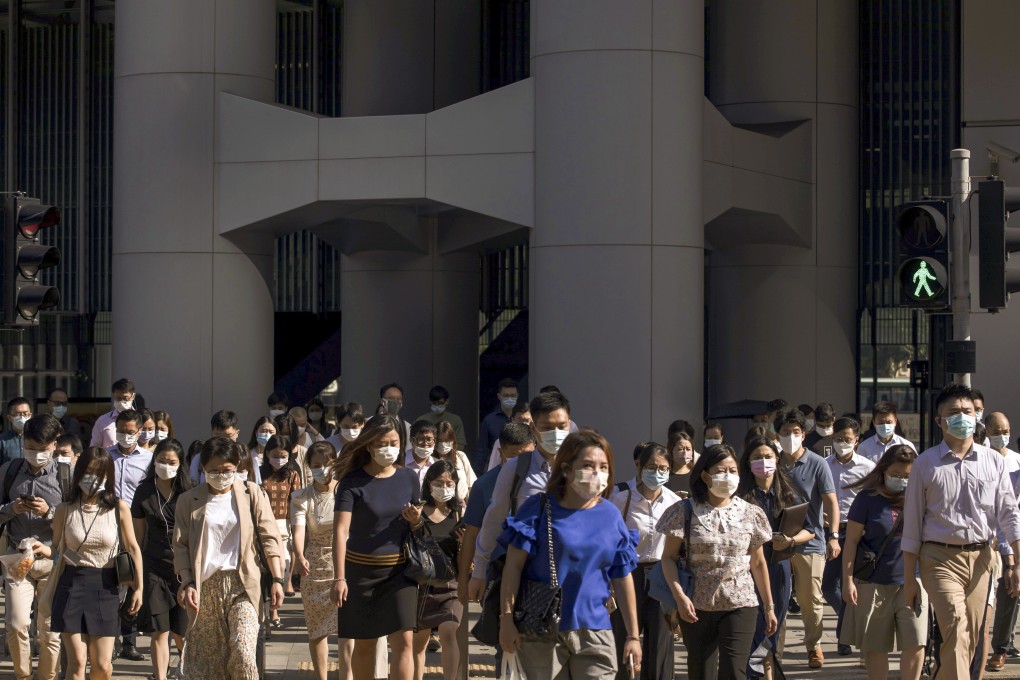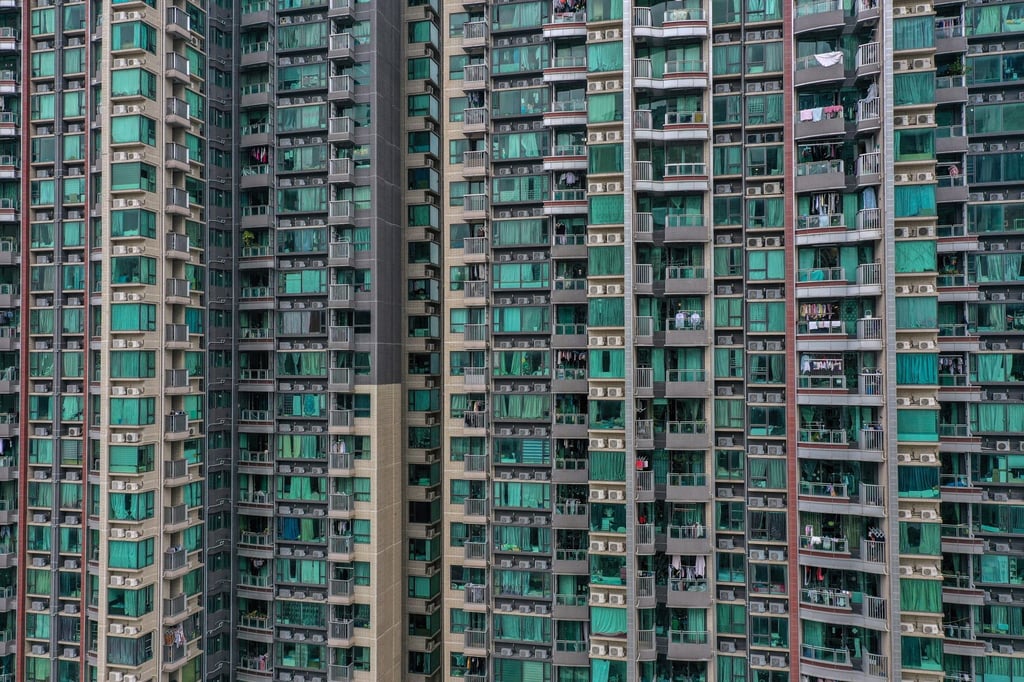Middle-class Hongkongers hoard more cash while eyeing property and overseas education as aspirations, HSBC study shows
- More cautious with their investments, Hongkongers are holding more cash than before the pandemic, according to an HSBC study
- ‘Middle class’ in Hong Kong means owning property and having at least US$750,000 in cash, survey respondents say

Middle-class Hongkongers have become more cautious with their investments through the pandemic, holding onto more cash while eyeing property ownership and overseas education for their kids as key aspirations, according to an HSBC study.
After nearly three years of life in the Covid-19 pandemic, 41 per cent of middle-class Hongkongers describe their outlook towards wealth investing as cautious or very cautious, according to HSBC’s Premier 2022 New Middle Class Study, released on Thursday. This is 11 percentage points higher than in the pre-Covid era.
This translates to holding onto more cash, with 60 per cent of respondents saying they hold more cash in their portfolios now than they did before the pandemic, according to the survey of 1,043 Hong Kong residents with liquid assets of HK$1 million.
The survey respondents believe that membership in the middle class in the city requires owning property and having at least HK$5.9 million (US$751,592) in cash or other liquid assets.

In their liquid asset allocation, members of Hong Kong’s middle class hold about 52 per cent in cash, 27 per cent in stocks, 9 per cent in funds, 5 per cent in bonds, 4 per cent in foreign currencies and 3 per cent in cryptocurrencies.
Three in four respondents consider property investment to be a vehicle for wealth preservation, with 40 per cent planning to buy property in Hong Kong and 28 per cent planning to buy property overseas in the next two to three years.